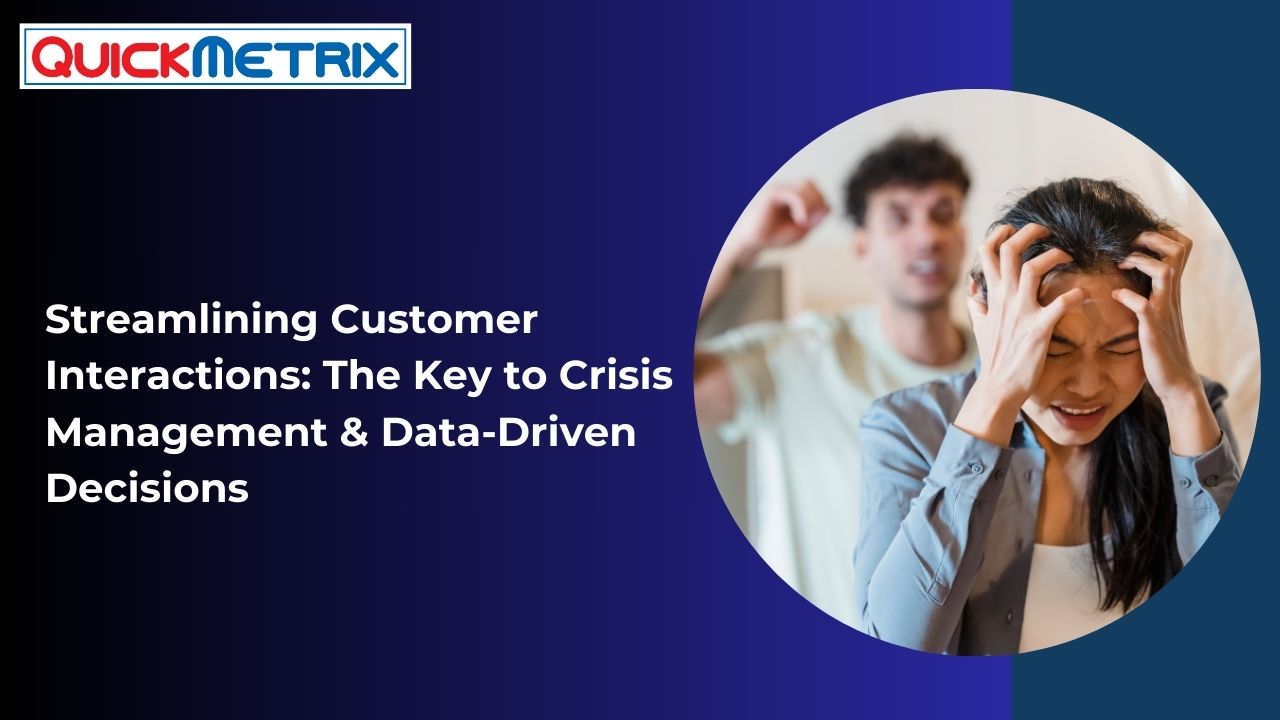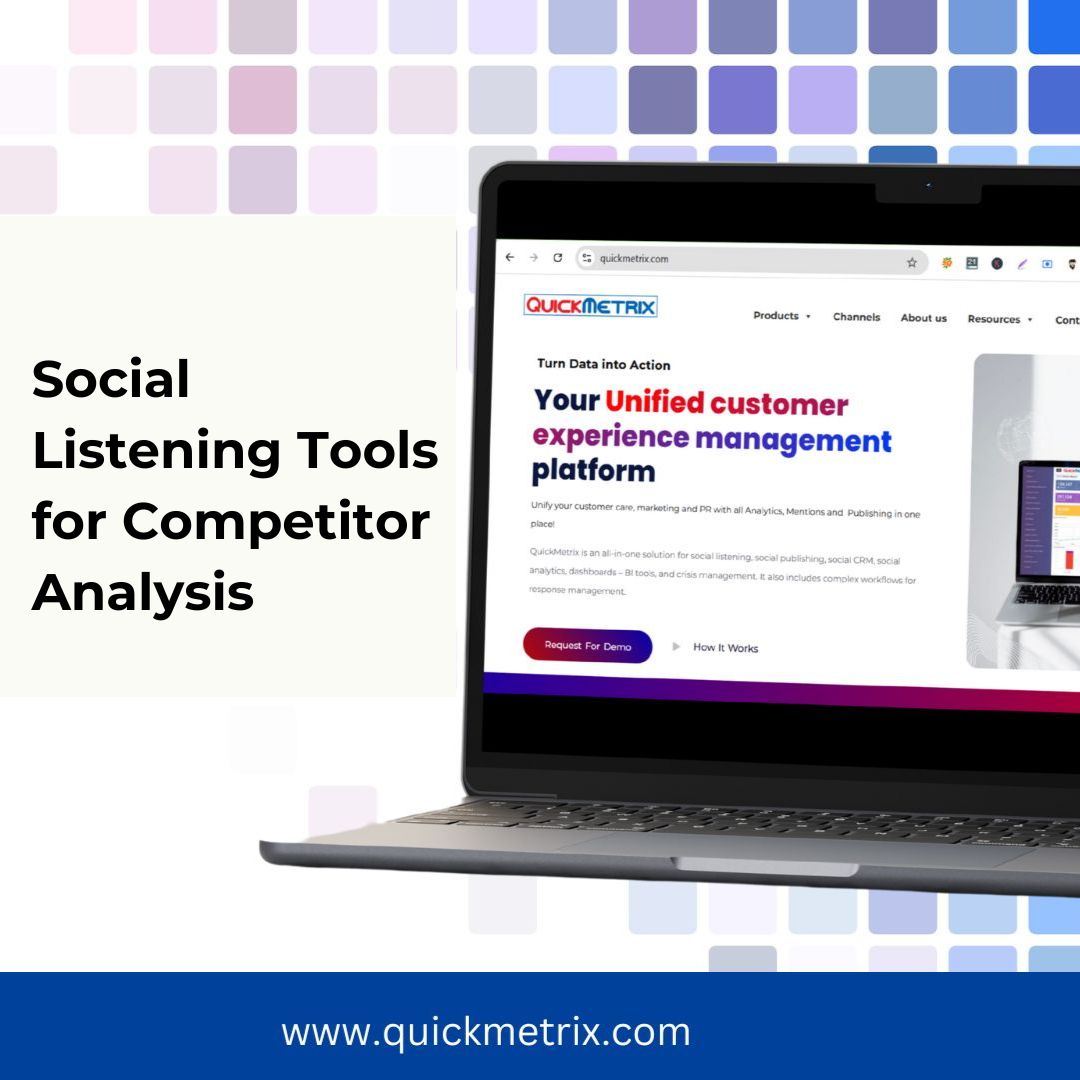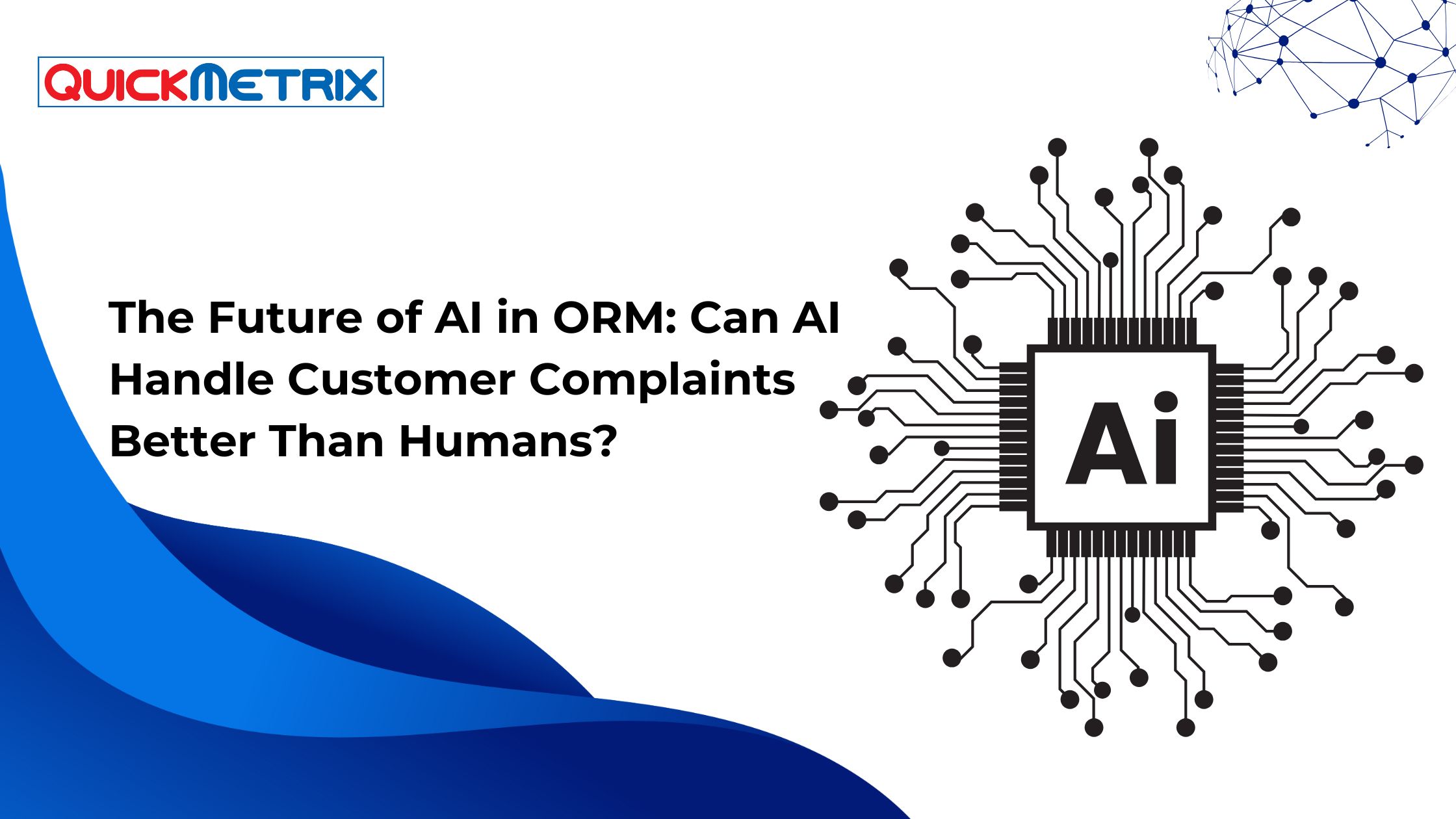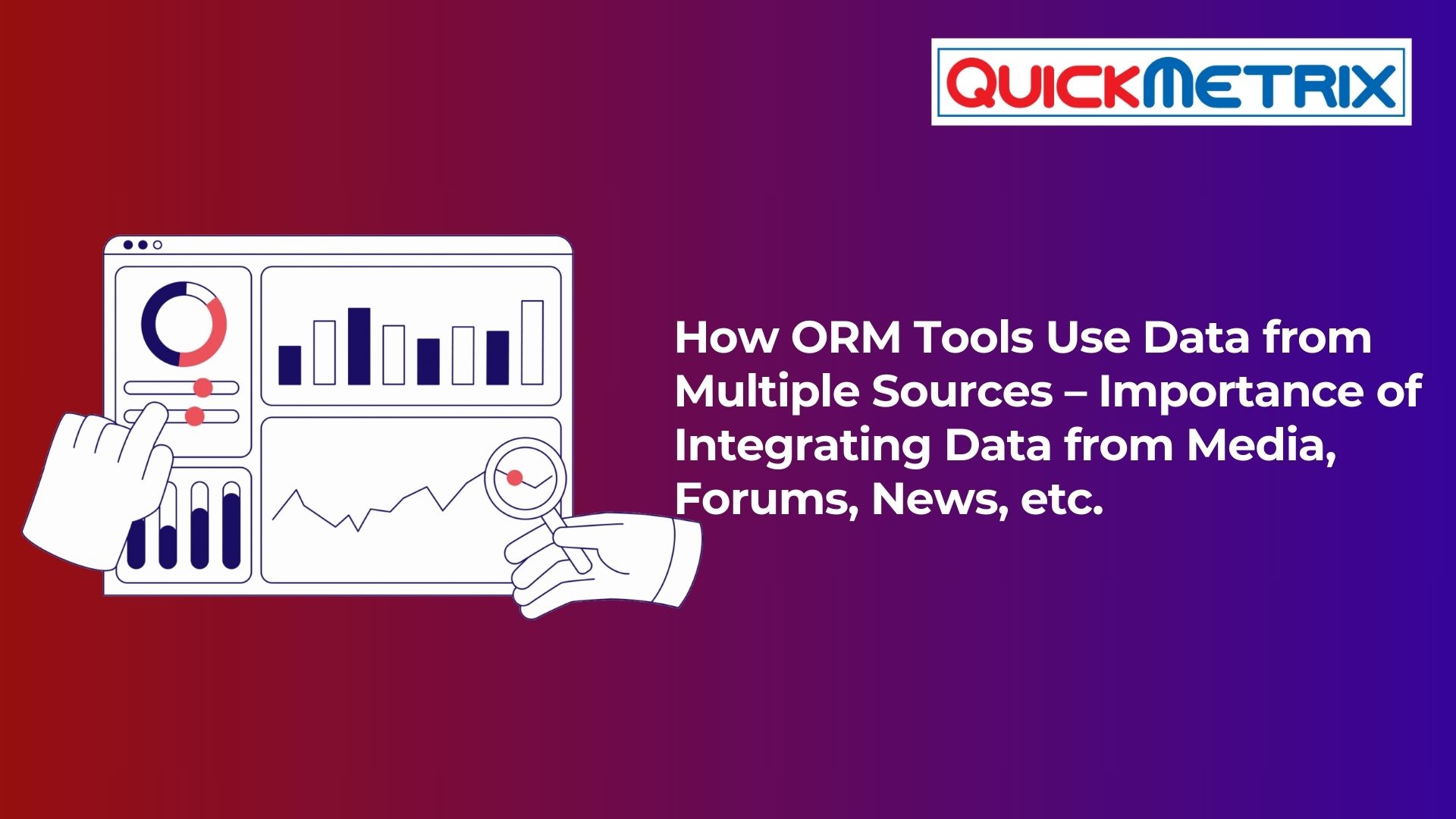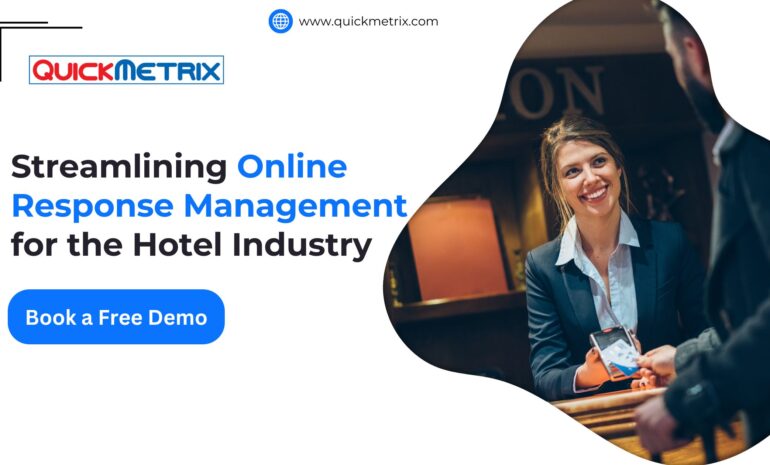In the fast-paced digital world, where information spreads at the speed of light, maintaining a positive online reputation is vital for financial institutions operating in the Banking, Financial Services, and Insurance (BFSI) sector. Online Reputation Management (ORM) tools play a crucial role in helping BFS institutions monitor, analyze, and manage their online presence effectively. This comprehensive guide delves into the various aspects of online reputation management and provides valuable insights on leveraging ORM tools to safeguard your institution’s reputation.
Understanding Online Reputation Management in the BFSI
Online Reputation Management involves the monitoring, influencing, and improving of an organization’s online reputation. In the BFSI sector, where trust and credibility are paramount, maintaining a positive online image is crucial for attracting and retaining customers.
Importance of Maintaining a Positive Online Reputation
A positive online reputation can enhance brand credibility, increase customer trust, and drive business growth. On the other hand, negative online feedback or reviews can tarnish your institution’s reputation and impact customer perception significantly.
Overview of Online Reputation Management Tools
ORM tools are designed to help BFSI institutions monitor online conversations, analyze customer feedback, and manage their online reputation effectively. These tools provide valuable insights into customer sentiment, brand visibility, and competitive positioning.
Assessing Your Online Reputation
Before implementing an online reputation management strategy, it is essential to assess your institution’s current online reputation. Here are key steps to consider:
- Monitor and Analyze Customer Feedback and Reviews: Regularly monitor customer reviews on platforms like Google, Yelp, and social media to understand customer sentiment and address any negative feedback promptly.
- Tracking Brand Mentions and Online Visibility: Utilize tools like QuickMetrix, Google Alerts, Mention, or Brandwatch to track brand mentions across the web and assess your institution’s online visibility.
- Competitor Analysis and Benchmarking: Compare your institution’s online reputation with competitors to identify areas for improvement and benchmark against industry standards.

Implementing Online Reputation Management Strategies
Once you have assessed your online reputation, it’s crucial to implement proactive strategies to manage and enhance your institution’s digital image:
“Responding to Negative Feedback and Managing Crisis”
By promptly addressing negative feedback and resolving customer complaints, you can demonstrate your institution’s commitment to customer satisfaction.
“Leveraging Positive Reviews and Testimonials”
Highlight positive customer reviews and testimonials on your website and social media channels to build credibility and trust among potential customers.
“Building Trust through Transparency and Authenticity”
Be transparent in your communication, admit mistakes if any, and showcase the human side of your institution to build trust and authenticity.
Choosing the Right Online Reputation Management Tool
Selecting the appropriate ORM tool is crucial for effective reputation management. Consider the following factors when choosing a tool:
- Key Features to Look for in a Reputation Management Tool: Sentiment analysis, social media monitoring, and review management functionalities are essential features to consider.
- Customization and Integration with Existing Systems: Choose a tool that can be tailored to your institution’s specific needs and seamlessly integrated with existing systems.
- Cost-Effectiveness and ROI Measurement: Evaluate the cost of the ORM tool against the potential return on investment in terms of improved reputation and customer acquisition.
Maintaining a Long-Term Online Reputation Strategy
To ensure the long-term effectiveness of your online reputation management efforts, consider the following best practices:
- Regular Monitoring and Updating of Online Profiles: Stay vigilant by regularly monitoring your institution’s online profiles and updating information as needed.
- Engaging with Customers through Social Media and Online Forums: Actively engage with customers on social media platforms and online forums to build relationships and address customer concerns.
- Training Employees and Stakeholders on Reputation Management Best Practices: Educate your employees and stakeholders on reputation management strategies to ensure a cohesive approach across the organization.
Summary
In conclusion, online reputation management tools are indispensable for safeguarding the reputation of BFSI institutions in the digital age. By proactively monitoring, analyzing, and responding to online feedback, financial institutions can build trust, credibility, and loyalty among customers.
FAQs
- How often should I monitor my institution’s online reputation?
It is recommended to monitor your online reputation regularly, at least on a weekly basis, to stay ahead of any potential issues or negative feedback.
- Can online reputation management tools help in improving search engine rankings?
Yes, by managing and improving your institution’s online reputation, you can also positively impact your search engine rankings, leading to increased visibility and credibility.
- Are online reputation management tools suitable for small BFSI institutions?
Yes, online reputation management tools come in various sizes and functionalities, making them suitable for institutions of all sizes, including small BFSI organizations.
Follow these guidelines to effectively manage your financial institution’s online reputation and build a strong digital presence in the competitive BFSI sector.
Top Social Listening Tools in 2025: Why QuickMetrix Deserves Your Attention
In the world of digital marketing, conversations are currency. ...
Read More9-key-things-to-consider-before-choosing-an-best-orm-tool (Online response management tools)
IntroductionIn today's hyper-connected world, a single unresolved tweet or ...
Read MoreStreamlining Customer Interactions: The Key to Crisis Management and Data-Driven Decisions
Streamlining Customer Interactions: The Key to Crisis Management and ...
Read MoreSocial Listening for Financial Services: How Banks & FinTechs Stay Ahead
Introduction to Social Listening in Financial Services Definition ...
Read MoreThe Journey of QuickMetrix: Insights from Surendra Baliga on Building a Successful SaaS Business
The entrepreneurial journey is often filled with challenges, learning ...
Read MoreMastering the Market: How to Use Social Listening Tools for Real-Time Competitor Analysis
1. Introduction to Social Listening Tools1.1 What is Social ...
Read MoreHow to Get the Most Out of Social Listening Tools and Why Businesses Invest in Them
How to Get the Most Out of Social Listening ...
Read MoreListening to the Noise: How to Monitor Conversations That Matter to Your Brand
Understanding the Importance of Monitoring Brand Conversations 1.1 The Role ...
Read MoreThe Future of AI in ORM: Can AI Handle Customer Complaints Better Than Humans?
I. Introduction to Online Response Management (ORM)/ Online reputation ...
Read MoreHow ORM Tools Use Data from Multiple Sources – Importance of Integrating Data from Media, Forums, News, etc.
What is ORM ToolsOnline response Management (ORM) tools are ...
Read MoreYour Unified Customer Engagement Manager
Online reponse Management. AI Chatbot. Social Listening & Analytics. Social Media Publishing. Command Centre. Crisis Management. Complete Omnichannel Solution. Social CRM. All in one



